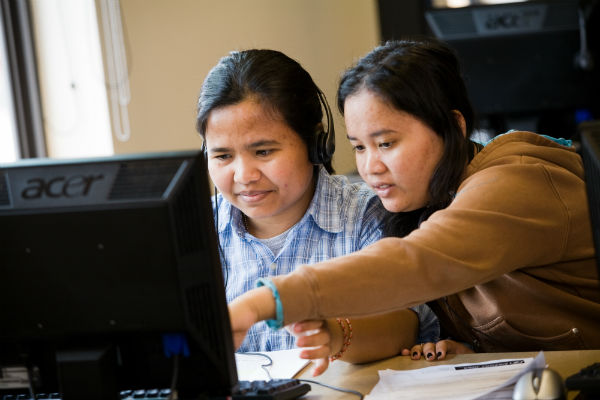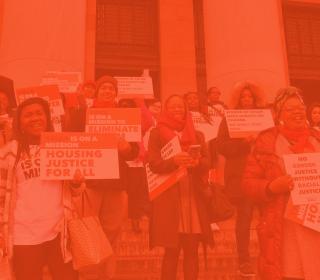Keep Washington Working Act

Washington’s economy is powered by immigrants, whether its in our technology, timber, hospitality, or agricultural sectors. Unfortunately, the lives of those immigrants and their livelihoods are endangered by xenophobic federal policies that separate Washington families.
In 2017, Governor Jay Inslee signed an executive order making Washington into a sanctuary state, meaning that state agencies would not cooperate with federal immigration policies except where legally required to.
Since being an undocumented immigrant in America is not a criminal offense (it is a civil violation), the state doesn’t share information with the federal government unless that person has committed a crime. Unfortunately, since it only exists as an executive order, the sanctuary status could be overturned at any time should the Governor (Inslee or anyone who follows) decide to retract it.
The Keep Washington Working Act would not only put the major elements of our current sanctuary state into legislative law, it would improve the sanctuary status by a variety of measures that benefit all Washingtonians, both immigrants and U.S. born citizens.
Specifically, it makes it illegal for state agencies to assist in the creation of registries of citizens based on a protected class. For example, the state would not help the federal government by forcing all Muslims or Jews to register their religious affiliation. The bill would also prevent any illegal or unconstitutional attempt to create surveillance systems to track people based on their protected class.
Secure Scheduling Law
Working people shouldn't have to stress about whether their employer will cut their hours without notice, an unfair practice that is unfortunately all too common in Washington State. A last minute change to the schedule doesn't just cut workers' pay, it also conflicts with their lives. A working mom who needs to pick up her kids from school can't just drop everything to work a different shift and leave her children alone in the dark.
That's why YWCA is endorsing new legislation to provide security and predictability to the lives of working people through a secure scheduling law. Secure scheduling laws, like the one passed in 2017 in Seattle, set standards for how far out people know their work schedules and that any changes by the employer need to made in consultation with the employee.
Examples of what's in a secure scheduling law are:
- No required back-to-back closing and opening shifts ("clopens") with less than 10 hours between the shifts, and extra pay if you voluntarily agree to work a clopen.
- If your boss changes your schedule by adding, cutting, or shifting around hours with less than two weeks' notice, you automatically get one extra hour of "predictability pay" at your hourly wage.
- Employers also have to offer extra hours to current employees before hiring new people to fill them.
Having certainty about when you work is particularly important for retail and hospitality workers, who don't typically get a guaranteed number of hours. In America, those jobs are staffed largely by women of color. Secure scheduling means that mothers in King and Snohomish County can plan their childcare, make rent every month, and build a bright future for them and their kids.
Nothing in the legislation prevents you from making your own choices to give you flexibility in your schedule. You can still request changes to your schedule, or volunteer to pick up extra shifts or trade shifts with colleagues without any penalty. This mix of flexibility with security and certainty is what makes secure scheduling laws a win-win for bosses and workers alike.

Eric Bronson is the Digital Advocacy and Engagement Manager at YWCA. He manages the Firesteel blog in addition to its social media streams and action initiatives. A graduate of Oberlin College, Eric focuses on the intersection of race and gender within the American political economy.
We tell the stories of those with lived experiences of racism and sexism and invite supporters to take concrete actions to correct the root causes of disparity in our communities.

